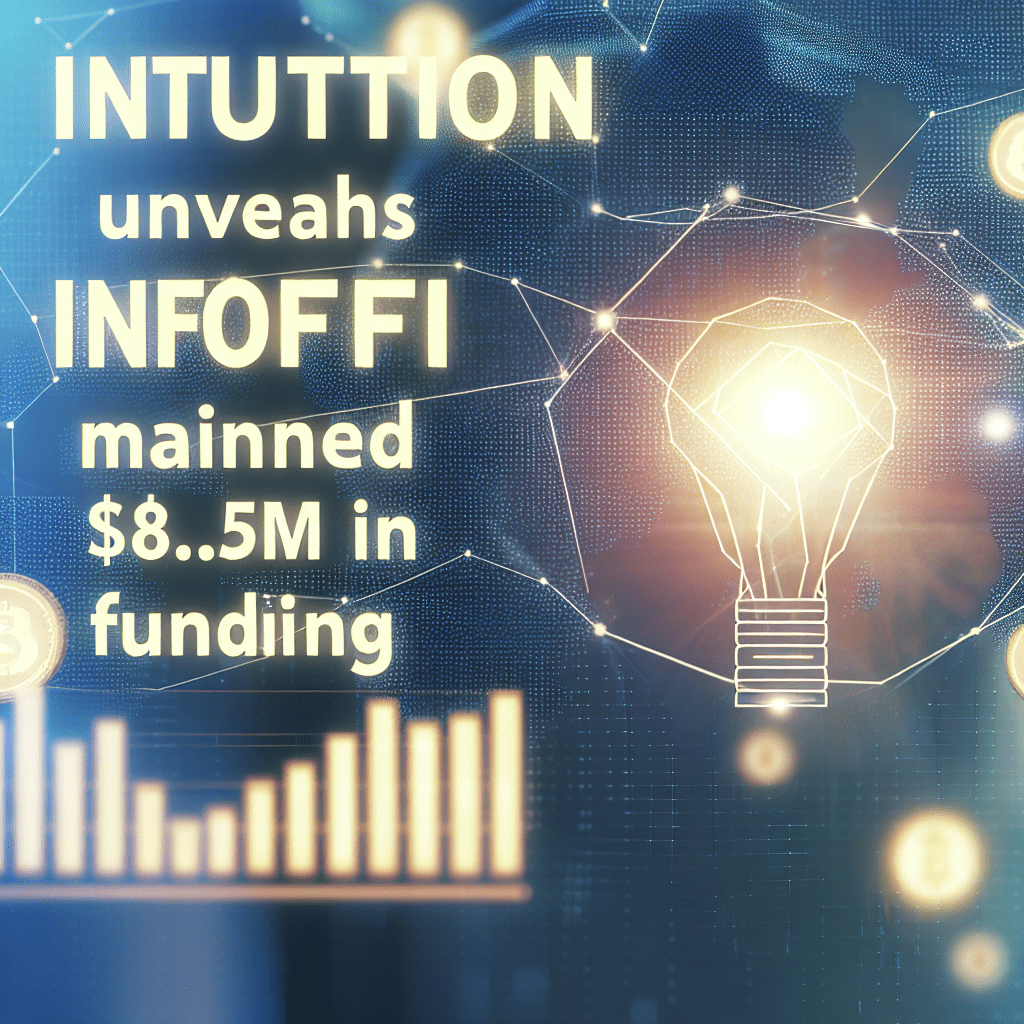
Intuition has released its layer 3 Information Finance-driven mainnet, establishing a decentralized trust layer for AI and the internet following an $8.5 million funding round.
Summary
- Intuition has officially launched its mainnet after raising $8.5 million in funding, marking its transition from testnet to full production as it builds a decentralized infrastructure for verifiable, on-chain information in the AI and Web3 sectors.
- The network introduces a novel data model using Atoms, Triples, and the $TRUST token to create a Token Curated Graph that enables users and AI systems to access, verify, and monetize information.
According to a press release received by crypto.news, the Intuition protocol officially launched its mainnet on Oct. 29. This marks the company’s transition from beta and testnet phases into full production, aiming to establish a “public, composable trust layer” for the internet and artificial intelligence.
The mainnet allows developers and AI systems to create, curate, and access verifiable on-chain data, aiming to power the Information Finance sector. The protocol claims its infrastructure can transform information into a “programmable, verifiable, and monetizable asset class.”
The Intuition network operates as an Arbitrum (ARB) Orbit Layer-3 rollup, settling to Base (BASE), optimized for high-throughput information operations. This technical structure enables the mainnet to achieve high throughput and low transaction costs, vital for managing vast amounts of on-chain data and metadata.
The launch follows a successful beta test on Base that attracted over 244,000 users. The testnet handled more than 5.3 million transactions and over 5.1 million verified attestations. In fact, the latest testnet cycle recorded over 17.5 million transactions from more than 900,000 unique accounts within eight weeks.
So far, Intuition has raised a total of $8.5 million in funding, combining earlier venture investments with proceeds from its recent, fully subscribed community token sales on CoinList and Legion. Notable crypto firms supporting the project include Superscrypt, Shima, Fidelity’s F-Prime, ConsenSys, and Polygon (POL).
Additionally, it is backed by prominent angel investors such as Joseph Lubin, founder of ConsenSys, and Jonathan Christodoro, a board member at PayPal.
Inside Intuition’s roadmap for InfoFi
Billy Luedtke, the founder and CEO of Intuition, emphasized that the launch of the project’s mainnet is a significant milestone representing years of progress to decentralize information and distribute its value across the web ecosystem.
“We’re moving beyond using decentralized rails solely for finance, toward decentralizing information itself—so that individuals, communities, and AI agents can access necessary data from trusted sources without intermediaries and share more directly in the value they help generate,” Luedtke stated.
With the Intuition mainnet, developers can engage with a shared open network of verifiable data, similar to how the cloud enabled users to share computing power instead of relying on separate servers. This approach allows developers to avoid building their own databases and reputation systems from scratch.
On the users’ end, their online information—such as identity, relationships, preferences, and other data—can now flow seamlessly across applications and AI tools. Consequently, AI systems can access information with clear provenance and reputation to cite and transact. The team aims to reduce AI’s dependence on unreliable or contaminated information sources.
Central to the protocol’s data model are two primitives. The first is Atoms, canonical, token-curated identifiers representing discrete pieces of information, such as identities, concepts, or claims. The second component consists of Triples, which manage subject-predicate-object statements.
Together, Atoms and Triples form a Token Curated Graph that determines relevance and credibility through staking, bonding curves, and fee flows.
Developers within the Intuition network can use the protocol’s native token, $TRUST, for gas, data creation fees, curation via staking on vaults, governance through bonded TRUST, and query fees. Additionally, end users can gain fractional ownership based on their contributions of knowledge.
Looking ahead, the team intends to broaden its mainnet’s reach by partnering with firms from web2 and web3, including Google Cloud, MetaMask, Zero Gravity (0g), World, Fleek, Recall Network, Consensys, and Gaia.

